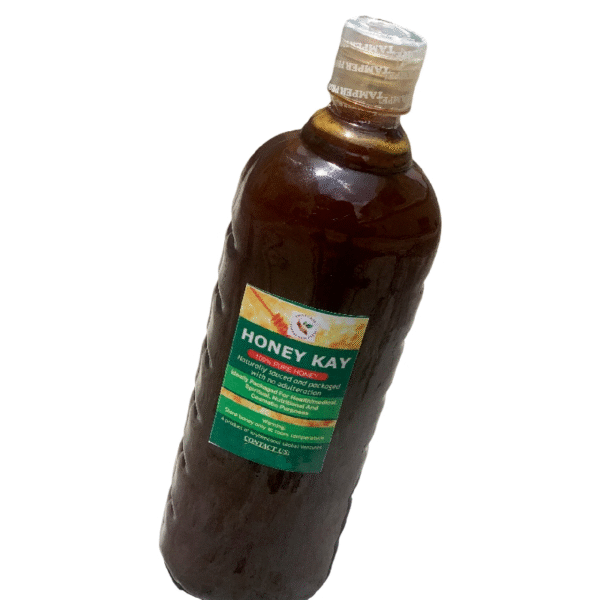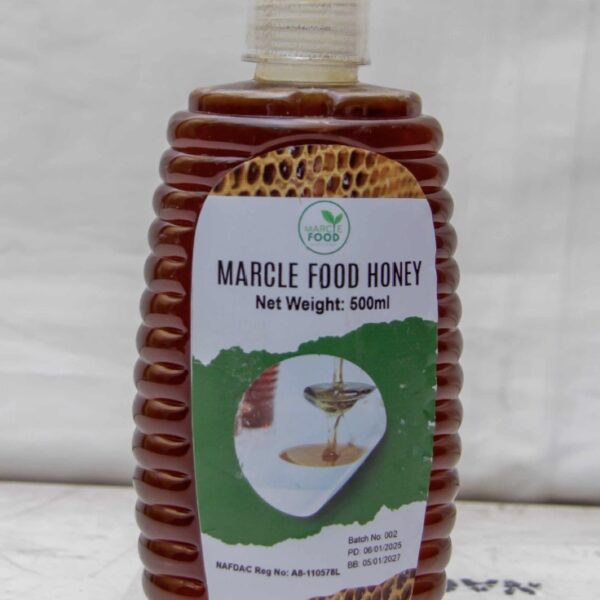THE POWER OF HONEY
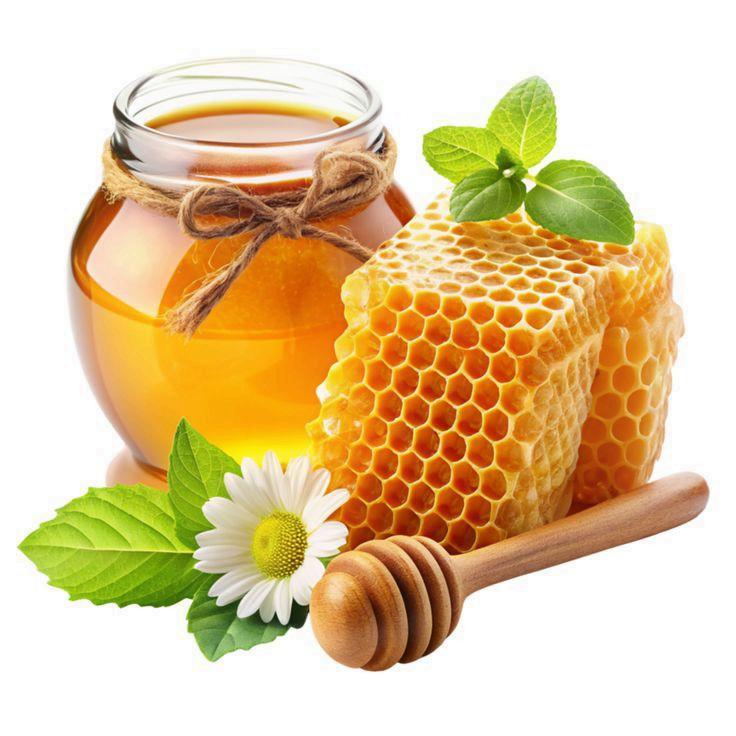
Honey, often called “liquid gold,” is a sweet, viscous food substance produced by honey bees.Bees produce honey from the sugary secretions of plants (floral nectar) or from secretions ofinsects (e.g. honeydew).
The bees regurgitate, ingest, and repeat the process of digestion,which converts the nectar into honey. The bee’s stomach enzymes break down the complexsugars in the nectar into simpler sugars, which are then stored in the honeycomb.
Recommended products
-
HoneyKay Honey
$65.00 -
Marcle Food Wild Honey
Original price was: $4.00.$3.50Current price is: $3.50.
Health Benefits of Honey
Honey is not just a delicious sweetener; it’s a natural remedy with a long history of medicinaluse.
● Rich in Antioxidants: Honey contains a variety of antioxidants, including flavonoids andphenolic acids.
These compounds help to protect your body from damage caused by freeradicals, which are unstable molecules that can contribute to chronic diseases like heartdiseaseand cancer. Darker honeys tend to be higher in antioxidants.
● Antibacterial and Antifungal Properties: Honey has natural antiseptic properties. Itproduces hydrogen peroxide, which contributes to its antimicrobial activity.
This makes iteffective in healing wounds and burns, and for treating certain bacterial and fungalinfections.
● Soothes Sore Throats and Coughs: A common home remedy, honey can effectivelysoothe a sore throat and suppress coughs, particularly in children over one year old. Itsthickconsistency coats the throat, and its sweetness may trigger nerve endings thatreduce coughing.
● Improves Digestive Health: Honey contains prebiotics, which are non-digestible fibersthat promote the growth of beneficial bacteria in the gut. This can contribute to a healthierdigestive system. It can also be used to treat digestive issues like diarrhea and ulcers.
● Wound Healing and Burn Treatment: Due to its antimicrobial and anti-inflammatoryproperties, honey has been used topically for centuries to treat wounds, burns, and skinconditions. It helps to keep the wound moist, provides a protective barrier, and promotestissueregeneration.
● Source of Energy: As a natural sugar, honey provides a quick and easily digestiblesource of energy, making it a popular choice for athletes and those needing a rapidenergyboost.
● Better for Blood Sugar than Refined Sugar: While still a sugar, honey has a slightlylower glycemic index than table sugar and contains a mix of fructose and glucose.
Somestudiessuggest it might have a less drastic impact on blood sugar levels compared torefined sugars,though moderation is still key for diabetics.
Economic Benefits and Profits in the Honey Industry
The global demand for honey is robust and growing, offering significant economic opportunities.
● High Market Demand: Honey is a universally loved product, consumed as a food, anatural sweetener, and a health remedy. This consistent demand ensures a stable marketfor producers and exporters.
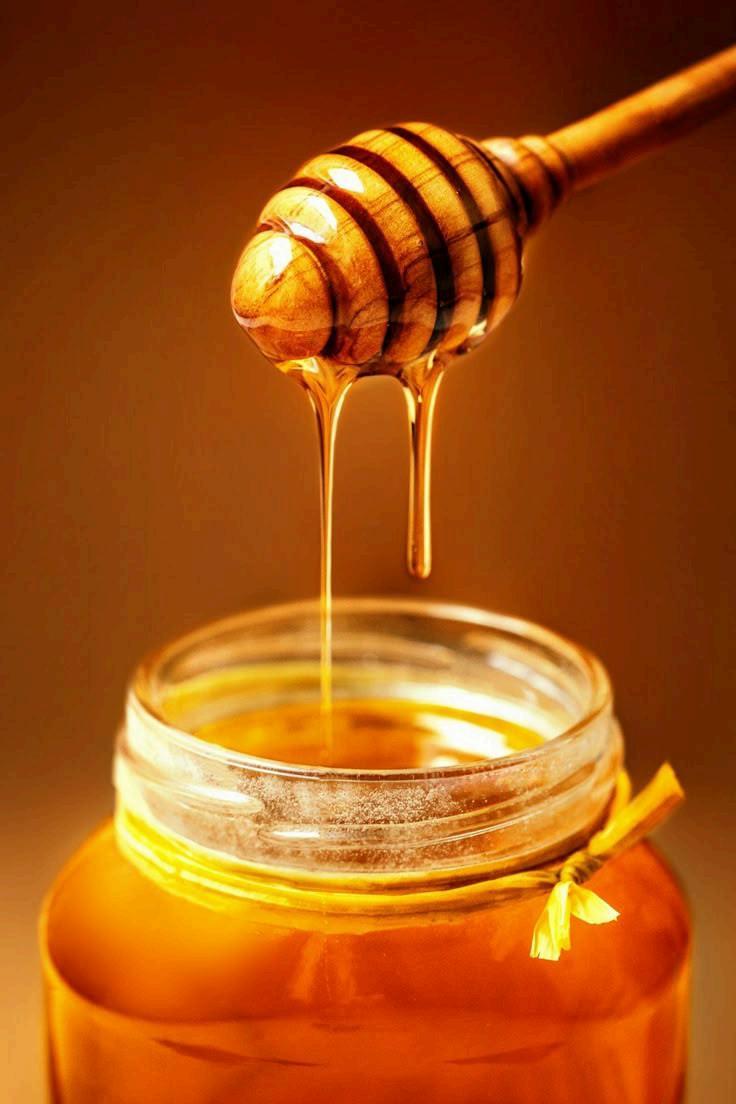
● Diverse Product Applications: Beyond raw honey, the industry supports variousderivative products. This includes beeswax (used in cosmetics, candles, and polishes),propolis (a resinous bee product with medicinal properties), royal jelly (a superfood for
queen bees), and even honey-based alcoholic beverages (mead).
● Low Input Costs, High Returns: Beekeeping, compared to other agricultural ventures,can have relatively low initial setup costs. Once established, bee colonies can producehoney year after year with proper management, leading to sustainable and high returnson investment.
● Job Creation: The honey industry creates jobs across the value chain, from beekeepersand honey processors to distributors, marketers, and researchers. This is particularlybeneficial for rural economies.
● Export Potential: Countries with favorable climates and abundant floral sources can tapinto the international honey market, generating significant foreign exchange.
Africannations, with their diverse flora, have immense potential for honey export.
● Pollination Services: While not a direct honey profit, beekeeping provides invaluablepollination services to agriculture.
Bees are essential for the reproduction of many crops,increasing yields and supporting food security. This indirectly benefits farmers and thebroader economy.
● Eco-Tourism: Apiaries (bee farms) can also become tourist attractions, offeringeducational experiences and contributing to local tourism economies.
Honey for African Exporters and Diaspora ConsumersFor African countries, leveraging their natural environment to expand honey production andexport presents a sweet opportunity.
● Abundant Natural Resources: Many African regions boast diverse floral sources,providing an ideal environment for beekeeping and the production of unique, high-qualityhoneys (e.g., acacia, forest, wildflower honeys).
● Rural Development and Empowerment: Beekeeping is an accessible livelihood for ruralcommunities, empowering smallholder farmers and women. It requires minimal land andcan be integrated with other agricultural practices.
● Premium Niche Markets: African honeys, particularly those from specific regions or withunique floral origins, can command premium prices in international markets, appealing toconsumers seeking natural, organic, and ethically sourced products.
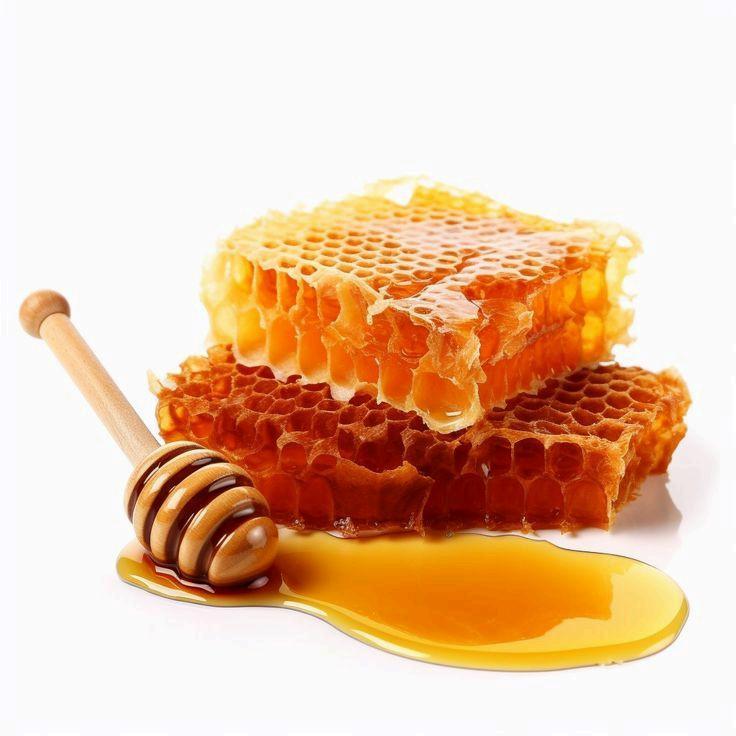
● Connecting with Diaspora: For the African diaspora, sourcing honey from the continentoffers a direct link to their heritage. It allows them to consume a natural product from theirancestral lands, supporting African economies and enjoying the diverse flavors unique toAfrican flora.
It also offers an authentic taste experience often sought after by thoselooking to connect with traditional foods.
In essence, honey is more than just a sweet treat. It’s a natural powerhouse of health benefitsand a significant economic driver.
For African nations and their diaspora, the “liquid gold” ofhoney represents a tangible opportunity for prosperity, health, and a sweet connection toheritage.

